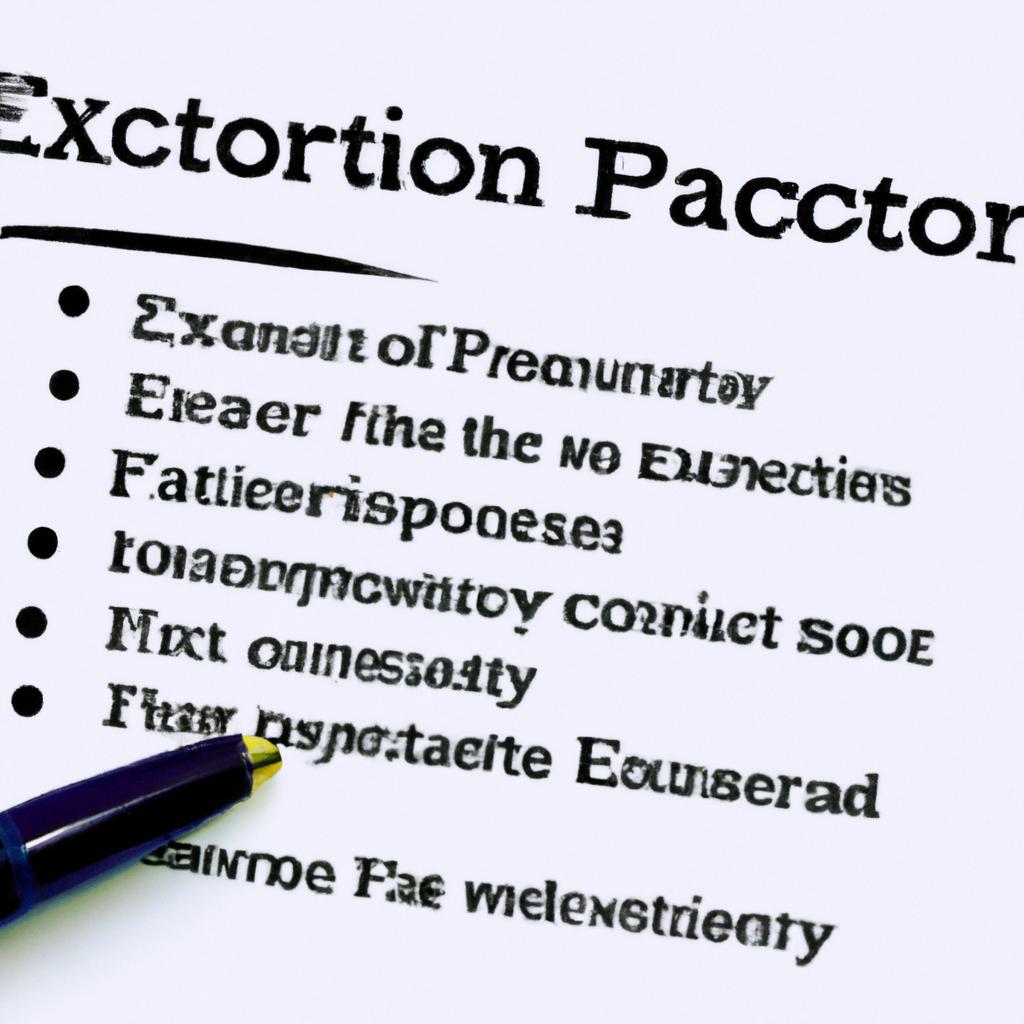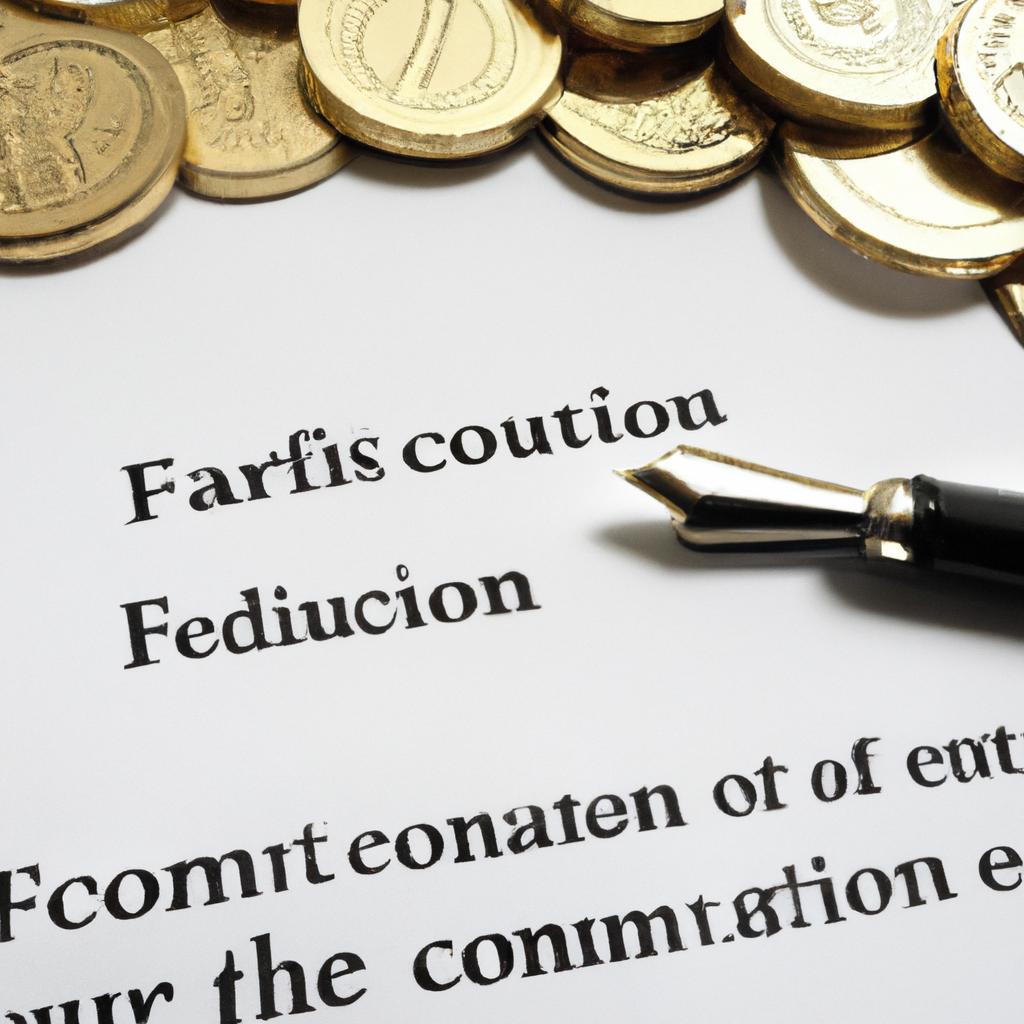As seasoned practitioners of estate planning and probate law, the intricacies of compensating an executor of a will are a topic that frequently arises in our practice at Morgan Legal Group in New York City. Determining a fair and reasonable compensation for the individual tasked with overseeing the administration of an estate is a crucial aspect of the probate process. In this article, we will delve into the factors that influence how much to pay an executor of a will, providing insight and guidance for those navigating the complexities of estate administration.
Determining a Fair Compensation for an Executor
When , it is essential to consider the amount of time and effort that will be required to properly administer the estate. Executors are responsible for carrying out the wishes of the deceased, which can involve a significant amount of work. It is important to compensate them fairly for their services.
Factors to consider when deciding how much to pay an executor include:
- The size and complexity of the estate
- The amount of time required to complete the administration process
- The executor’s level of experience and expertise
- The prevailing rates for executor compensation in the state

Factors to Consider When Deciding Executor Payment
When deciding on the payment for an executor of a will, it is important to consider various factors to ensure fair compensation for their services. Some key factors to consider include:
- Complexity of the Estate: The more complex the estate, the more time and effort the executor will need to dedicate to managing and distributing assets. This complexity can range from the number of assets involved to any potential disputes among beneficiaries.
- Experience and Expertise: Executors with specialized knowledge or experience, such as financial or legal expertise, may command higher compensation for their services.
- State Laws: Each state has its regulations regarding executor compensation, so it is essential to be familiar with the legal requirements in the state where the will is being probated.
Additionally, the executor’s relationship with the deceased and beneficiaries, the time required to administer the estate, and any unusual challenges or circumstances should also be taken into account when determining fair compensation. It is advisable to consult with a legal professional specializing in estate planning to help navigate these factors and ensure the executor’s payment aligns with the laws and best practices of the state.

Guidelines for Calculating Executor Fees
When determining how much to pay the executor of a will, it is important to take into consideration various factors that can impact the final fee. Executor fees are typically calculated based on a percentage of the total estate value, but this amount can vary depending on the complexity of the estate and the amount of work involved. It is essential to follow specific guidelines to ensure the executor is compensated fairly for their time and efforts.
Some key guidelines to keep in mind when calculating executor fees include:
- Consider the size and complexity of the estate
- Review state laws and regulations regarding executor compensation
- Consult with legal and financial professionals for guidance
- Keep detailed records of the executor’s tasks and hours worked
| Size of Estate | Percentage Fee |
|---|---|
| Under $100,000 | 5% |
| $100,000 - $500,000 | 3% |
| Above $500,000 | 1-2% |

Ensuring Reasonable Compensation for the Executor of a Will
When determining how much to pay the executor of a will, it is crucial to consider the complexities of the estate, the time and effort required to fulfill the duties, and the executor’s level of experience and expertise. **Reasonable compensation** should be fair and just, taking into account the responsibility and accountability that comes with the role.
It is recommended to discuss compensation with the executor upfront and document the agreed-upon amount in the will. **Factors to consider** when determining compensation may include the size of the estate, the number of beneficiaries, the complexity of the assets, and any extraordinary circumstances that may arise during the administration of the estate.
Q&A
Q: How much should I pay my executor for handling my will after I pass away?
A: Determining the appropriate compensation for an executor of a will can depend on various factors.
Concluding Remarks
In conclusion, determining how much to pay an executor of a will can be a complex and sensitive issue. It is important to consider the time, effort, and responsibility involved in carrying out the wishes of the deceased. Consulting with legal professionals and discussing expectations openly with the executor can help ensure a fair and reasonable compensation arrangement. Ultimately, showing appreciation and gratitude for their hard work and dedication is key in navigating this delicate matter. Thank you for reading.

